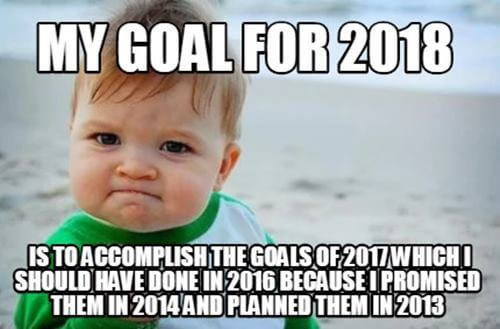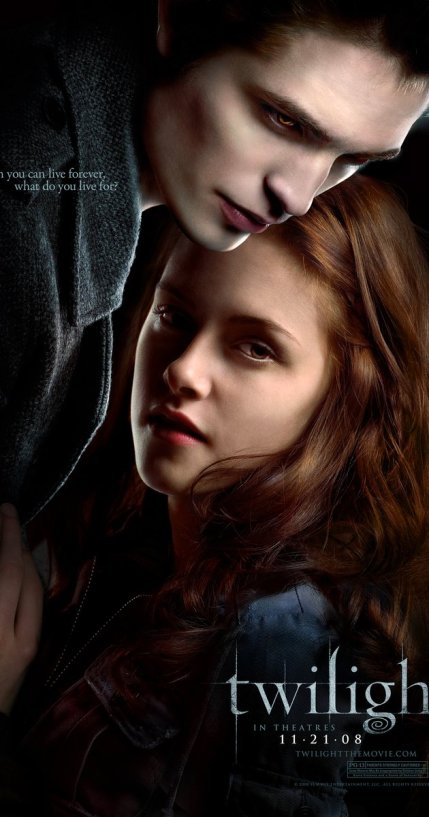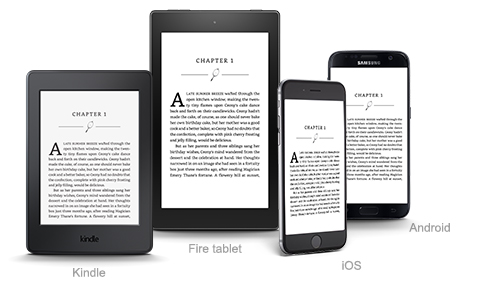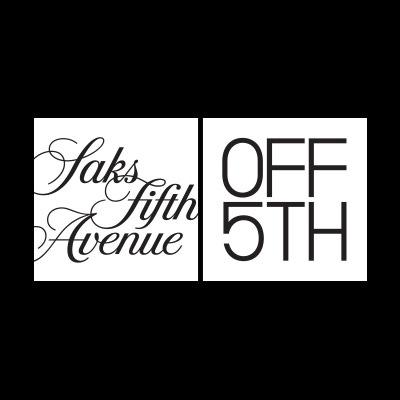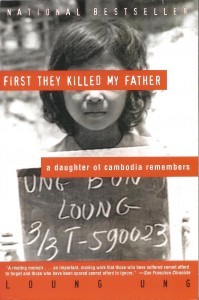Hello blogosphere!
It’s been far too long since I’ve posted. But let’s be real: most of you (except for my devoted parents) probably haven’t noted my absence or ardently pined for my hot takes on media criticism, pop culture and general life in Trumplandia. Journalism grad school life at NYU keeps me busy, and when I’m not procrastinating on one assignment, I’m drowning in thesis hell and/or commuting on the Staten Island ferry for said thesis (long story — hopefully I can share part of the thesis with you all in the future…once it gets done. UGH). True story: the Staten of Liberty gets REAL boring when you’ve seen it more than a dozen times on the ferry. And don’t even get me started about the incessant waves of tourists trying to snap the perfect selfie…
But 2018 is here, and I’m all about turning over a new leaf, putting the pessimism behind me, and changing the world one article at a time.

Okay, well, maybe some of that is a bit lofty. Here are some more realistic PERSONAL EXPECTATIONS (not goals, ugh, that word alone makes me feel like I’m going on a diet):
1) I promise to blog at least once more this semester! Totally doable, though not as often as I would like.
2) Eat healthier! Maybe lift those weights I bought once a week. Get sick less! Eat more fruit.
3) Survive this semester intact with completed thesis in hand come May. (Not really an expectation so much as a requirement of my degree, but I’ll stack this up here as a formality).
4) Publish 1-2 other longform nonfiction pieces that have been sitting in the ‘to-pitch’ pile. Editors: expect a flurry of pitches coming your way!
5) Post more photos on Instagram (just not selfies). Take better photos. Learn how to use my off-camera flash.
6) Shut up the voices in my head that won’t stop chattering and get some creative fiction published (or read by someone other than my dad). I still hope to continue working as a freelance journalist after my program, but I’m realizing more and more that the fever dreams, random shower thoughts and journaling frenzying won’t stop unless I put onto the page some of the the fictional broohaha that I can’t really tap into as a journalist/nonfiction writer. And plus, I might as well capitalize on my love of film and TV and instead of binge-watching Netflix on Sundays in my ugly, off-gray sweatpants, actually do something about it!
So will I move to LA tomorrow and become a wannabe screenwriter on Sunset Boulevard? Probably not quite that soon, but I’m trending more in that direction. So, my expectation is: apply to at least 1-2 screenwriting fellowships/contests, and finish and revise a screenplay. And complete a first draft of a novel and/or get a short story published. It may seem like I’m shooting for the moon here, but hey, I’m twenty-five, which is the new sixteen. And when I get that first screenplay or novel done, I will throw myself the sweet-sixteen birthday party I never had. Except it will be replete with champagne and other delightful bubblies I could not have legally consumed as a teenager.
7) Do more random acts of kindness. The world could do with more generosity. And call my parents and brother more often (hey guys! I still love you kthxbye).
POLITICAL/BIG WORLD REFLECTIONS: Personal woes aside, it’s been a pretty heavy start to 2018. The Golden Globes happened! With fewer people of color represented than I would have liked. I’m still reeling from the fact that Issa Rae did not win best actress for the black female-centric comedy Insecure, though I loved Sterling K. Brown winning for his role in the heartwrenching drama This is Us. But sexual harrassment was front and center, with many actors and actresses sporting Time’s Up pins and calling out a culture of sexual violence.
Though many of the men weirdly omitted any mention of sexual harrassment in their acceptances (not totally surprised), leaving the emotional labor of leading the #TimesUp movement to women like Natalie Portman, who boldly challenged the Globes’ failure to nominate any female directors. And Oprah! Oprah gave a rousing speech that led many to speculate she should be the next 2020 Democratic candidate. Ehh, as much as I adore Oprah, not sure I love this trend of celebrity candidates…can someone call the DNC and tell them to get their act together?

In other news: online outlet Babe.net published an explosive account earlier in January. In the story, anonymous 23-year-old “Grace” accused Aziz Ansari of sexual misconduct on a date that they went on last year. Journalist Katie Way detailed that story in incisive — perhaps almost too literary(?)–detail. (Babe.net is loosely considered journalism, but its ethically questionable writing of Grace’s story leads me to debate its as a news source…) This story prompted every single writer and Internet commenter to simultaneously decry Grace’s story as both sexual assault and just a ‘bad date.’
My take: it’s somewhere in between the horrific acts of Harvey Weinstein and unwanted catcalls (both of which are unacceptable, by the way, just on opposite ends of the sexual violence spectrum). I think that there needs to be room in the #MeToo movement to encompass these gray areas where women’s consent is not necessarily respected but falls short of the legal definition of sexual assault. And more discussion of enthusiastic consent (YES MEANS YES x 1000), how men should pay more attention to the cues of their partners, and how women can better empower themselves in these kind of situations.
And also, more responsible reporting from journalistic outlets that can generate nuanced conversations on this issue. I’m looking at you, Babe.net. But I am glad that this piece has begun to surface those necessary discussions. Hopefully an outspoken ‘feminist’ like Ansari will treat future female partners with the respect that they deserve. You’d think a guy who wrote an entire book entitled Modern Romance would know more about enthusiastic consent, but I digress…
Other not-so-great news: The government also shut down on the one-year anniversary of Donald Trump’s inauguration. What an auspicious way to commemorate the first year in office! I was an intern in DC during the last government shutdown in 2013, and let me tell you, it was not a great time for those few weeks. It was a big media and national feeding frenzy. It’s so indicative of the very different times we live in that a government shutdown nowadays barely registers on the political/national consciousness (except for, hey, countless government workers and soldiers who won’t be getting paid, but that’s another story).
And DACA STILL hasn’t been renewed (where’s that Dream Act, Congress?), leaving hundreds of thousands of young immigrants in the lurch. Temporary Protected Status (TPS) has been revoked for many other immigrants, leaving countless Haitians and El Savadorans without legal status — effectively de-legalizing them after they’ve lived for years, even decades, in the U.S.
But on a more positive note: Yesterday, millions of women marched from Colorado Springs to New York in honor of another anniversary: the inaugural Women’s March. Last year, I wrote a long piece about the women’s march and my participation in it. I was fresh into my journalistic career, and despite the fear of what may unfold in 2017, I was buoyed by the resilience I saw around me.
This year, I opted not to join the march, and instead partake in quiet reflection of where the country stands (and me). Over the years, I’ve had many, many discussions of what it means to be an American. My parents left their home country — virtually, everything they knew and everyone they loved — and came to this country. They sacrificed a lot. The U.S since become their home. And mine, too. I don’t want to flee to Canada or settle down and marry a European boo (though I’d certainly love to travel more — eyeing those cheap Spirit Airlines tickets!). I want to stay, no matter how tough things get. Because this is my country. And it’s the country of countless Americans, many of whom were not born here, but contribute to its lifeblood and economy all the same. #HeretoStay
Yesterday, I realized, that in my own way, I am a PATRIOT. Not in the mainstream sense of the word, which prizes insularity, isolationism and American exceptionalism. Nor in the more militaristic sense of the word, which brings to mind the muscular, macho heroes of Independence Day and Die Hard. And yet, I’m a patriot all the same. Whether in my previous duties as a human rights activist or in my current line of work as a reporter-writer, I’ve always striven to better my country. To know its ugly history of oppression and modern-day reality of oppression. To work to bring it closer into existence with the words enshrined in the Declaration of Independence (amendment by me), while understanding the both privileges I hold and the challenges that face me:
“We hold these truths to be self-evident, that all [people] are created equal, that they are endowed by their Creator with certain unalienable Rights, that among these are Life, Liberty and the Pursuit of Happiness.”
And here are the things I’ll do as a PATRIOT to make that happen:
1) Continue to engage with individuals I may personally disagree with, and truly see from their point-of-view (and represent it accurately on the page). This is essential not only in my work as a journalist, but also as a human being residing in a very polarized country.
2) Immerse myself in worlds other than the NYC literary milieu (it’s very easy to get sucked up in this bubble).
3) Donate to organizations working to aid struggling and under-served communities. For folks looking for suggestions, my former employer, The Leadership Conference is a great one. The ACLU and Southern Poverty Law Center are also top-notch. But also consider donating to local charities, which oftentimes don’t do the hard work but don’t receive the kind of funding that their national counterparts do. A highly-respected nonprofit in the San Francisco Bay Area is the East Bay Sanctuary Covenant, which provides legal and educational services to immigrants in need. I used to volunteer there, and can vouch that they’re lovely people who do essential work for their community.
4) Write both nonfiction and fiction that builds bridges between different communities, promotes greater equity and diverse representation, and elevates the voices of indigenous, disabled, female and people of color.
5) Watch lesser-known TV and films — especially ones that increase awareness of key human rights concerns. On my watch-list is the documentary On Her Shoulders about Yazidi activist Nadia Murad, who suffered horrific abuse at the hands of ISIS militants and now speaks out on behalf of her people.
And the latest adaption of White Fang! Okay, fewer relevant social justice issues there, but my roommates recently adopted a dog, and I cried reading Jack London’s book, so this is on the list.
6) In order to better understand my own country, it’s good to have some distance from my usual stomping ground. So I’d like to travel to one more new state or country before the year is up. Louisiana? Japan? Peru? North Dakota?
What are your expectations for 2018? Did you partake in the Women’s March? What’s on your reading/binge-watching/writing list for the upcoming year? Thoughts on the current media landscape? Do share!
With much love,
Tara


